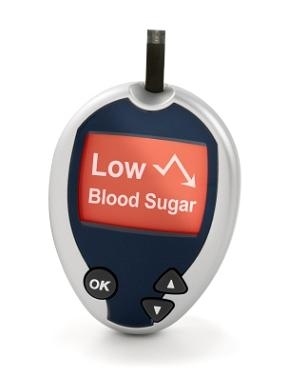The new year is coming upon us! Yes, resolution time again! The gym memberships will surge, Weight Watchers will advertise their specials and many will once again for the umpteenth time try to adhere to a diet and exercise program.
Again at this time of the new year I would like to address our "self talk" and beyond that a person's belief in "self hate" or "self loathing". This is often the recipe for failure.
Food and your relationship with food does not make you a good or bad person. Whether you are overweight or not does not dictate your goodness or worthiness for living. Yet, many tell themselves this exact lie! Do you?
If you try and you fail do you consider that this is human and the success lies in pulling yourself up and starting over again? Or when you fail do you tell yourself that you are never going to be anything but a failure and that you are not even WORTHY of success SO "I might as well just give up!" Which one are you? Can you change? Yes you can change! There is no failure if you keep getting up and get going! There was once a man who failed over and over again. Abe Lincoln, one of the most loved and respected presidents in the U.S. A common list of the failures of Abraham Lincoln (along with a few successes) is: 1831 - Lost his job 1832 - Defeated in run for Illinois State Legislature 1833 - Failed in business 1834 - Elected to Illinois State Legislature (success) 1835 - Sweetheart died 1836 - Had nervous breakdown 1838 - Defeated in run for Illinois House Speaker 1843 - Defeated in run for nomination for U.S. Congress 1846 - Elected to Congress (success) 1848 - Lost re-nomination 1849 - Rejected for land officer position 1854 - Defeated in run for U.S. Senate 1856 - Defeated in run for nomination for Vice President 1858 - Again defeated in run for U.S. Senate 1860 - Elected President (success) Don't let the bad thoughts you have heard in your own head dictate how you will respond to the food that is around you! You always get to choose whether you try, don't try, try harder, or whatever. It's not a reflection on your personal character. I don't believe any of us are perfect 24/7 ! We were not/are not perfect parents either but we didn't quit! It's too important! So don't quit! Your health is too important! If you mess up go do it again! Stop telling yourself that you are a bad person! Don't let anyone else tell you that either! Don't make a resolution that you will not keep! Make a detailed written plan that you can keep! Then tell yourself that you can do it and that you are not a failure!
If you try and you fail do you consider that this is human and the success lies in pulling yourself up and starting over again? Or when you fail do you tell yourself that you are never going to be anything but a failure and that you are not even WORTHY of success SO "I might as well just give up!" Which one are you? Can you change? Yes you can change! There is no failure if you keep getting up and get going! There was once a man who failed over and over again. Abe Lincoln, one of the most loved and respected presidents in the U.S. A common list of the failures of Abraham Lincoln (along with a few successes) is: 1831 - Lost his job 1832 - Defeated in run for Illinois State Legislature 1833 - Failed in business 1834 - Elected to Illinois State Legislature (success) 1835 - Sweetheart died 1836 - Had nervous breakdown 1838 - Defeated in run for Illinois House Speaker 1843 - Defeated in run for nomination for U.S. Congress 1846 - Elected to Congress (success) 1848 - Lost re-nomination 1849 - Rejected for land officer position 1854 - Defeated in run for U.S. Senate 1856 - Defeated in run for nomination for Vice President 1858 - Again defeated in run for U.S. Senate 1860 - Elected President (success) Don't let the bad thoughts you have heard in your own head dictate how you will respond to the food that is around you! You always get to choose whether you try, don't try, try harder, or whatever. It's not a reflection on your personal character. I don't believe any of us are perfect 24/7 ! We were not/are not perfect parents either but we didn't quit! It's too important! So don't quit! Your health is too important! If you mess up go do it again! Stop telling yourself that you are a bad person! Don't let anyone else tell you that either! Don't make a resolution that you will not keep! Make a detailed written plan that you can keep! Then tell yourself that you can do it and that you are not a failure!




